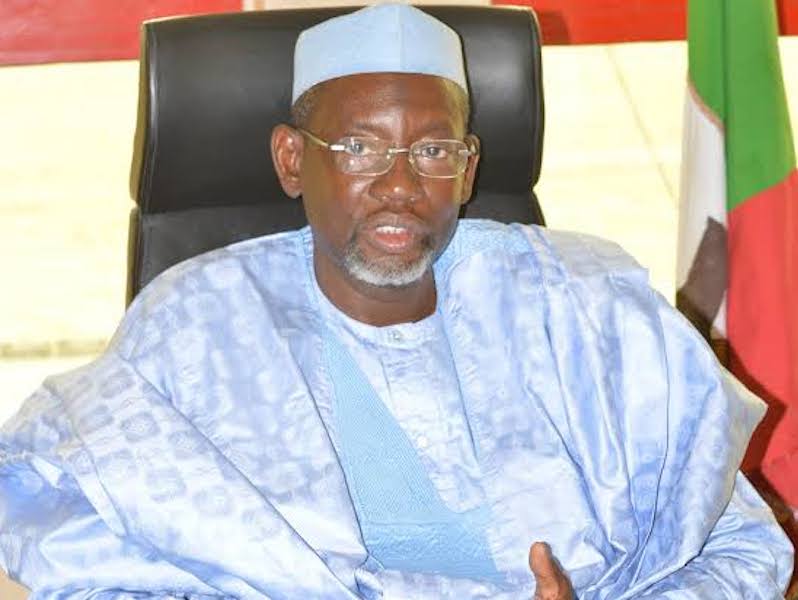The United Nations Development Programme (UNDP) has said that sustainability was at the core of the Nigeria Jubilee Fellows Programme (NJFP), an initiative aimed at opening up opportunities that would address unemployment.
The Senior Advisor, NJFP programme Manager, UNDP Nigeria, Mr William Tsuma, made the assertion in an interview with the News Agency of Nigeria (NAN) on Saturday, in Lagos.
NAN reports that the NJFP, inaugurated on Aug. 31, 2021, is a youth empowerment partnership initiative between the Federal Government and UNDP.
The programme aimed to place 20,000 young Nigerian graduates annually, with one-year paid work placements in private and public sector companies across the country.
The aim of the programme was also to create new opportunities for 20,000 recent graduates annually, as the beneficiaries will use the opportunities presented to them to maximize their 12- month engagement.
Also, on Feb. 14, 2022, the government, with financial support from the European Union and in collaboration with UNDP, inaugurated the Jubilee Fellows Fund, an innovative financing instrument that would enable a diverse set of stakeholders to support the roll-out and implementation of the NJFP.
“The programme works to build and improve the capacity of national institutions as well as establish long-term interventions that future-proof youth employment and empowerment in Nigeria.
“Further, the NJFP would leverage the institutional and technical expertise of local Nigerian companies – both as key implementing partners of the programme as well as participants and advisors.
“This will not only enhance private and public sector capacities, but also promote local content and sustain buy-in from the labour market in the long-term.
“In addition, the NJFP would foster partnerships with youth associations, tech and innovation hubs and other young graduate employment initiatives, “ Tsuma said.
Similarly, he said that the NJFP aimed to develop, test and deploy a scalable model that effectively assists in tackling some of the causes of growing unemployment and underemployment of fresh graduates in Nigeria.
According to him, some of the factors included informal asymmetries that exist in the labour market; limited culture of nurturing young local talent, as well as limited familiarity with the decent work agenda by employers.
“Further more, as women and girls are disproportionately impacted in the labour market with regards to higher unemployment and underemployment rates, the NJFP would ensure the mitigation of these inequalities by ensuring that 50 per cent of all placements were reserved for women.
“All content, including online learning resources, mentorship and coaching resources would also have a gender-sensitive approach.
“Also, a gender and inclusion strategy had been developed to ensure that the design, implementation and monitoring of the project, takes on broad gender considerations of unemployment, “ the manager said. (NAN)



